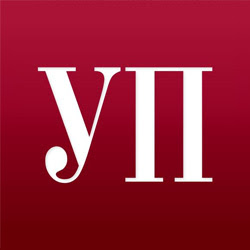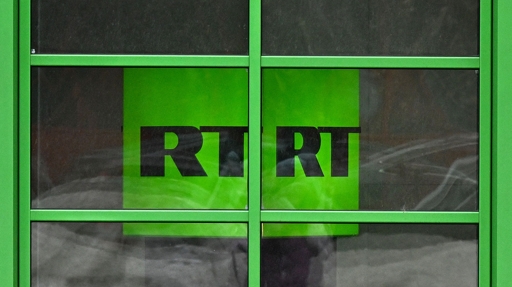An investigation by a London-based think tank, the Institute for Strategic Dialogue (ISD), has found out that three years after sanctions were imposed on Russian state media in the European Union, their websites and online services have continued to operate actively and have been attracting a significant audience.
Source: German newspaper Spiegel, as reported by European Pravda; ISD’s investigation
Details: The investigation found that Russian state media are especially popular in Germany. In particular, five blocked domains have been registering over 50,000 visits per month, and three of them even 100,000 visitors each.
A total of 58 domains linked to 26 organisations sanctioned by the EU were identified. In roughly three quarters of cases, the required blocks were not effective.
Among the sites examined were the Russian international TV channel RT (formerly Russia Today), the state news agency RIA Novosti, the online newspaper Lenta and the state TV channel Channel One, which, according to ISD, had over 5 million visits per month across the EU. The leader was RIA Novosti with more than 10 million visits.
Quote: Three years on from the initial restrictions, sanctioned outlets are largely still active and accessible across member states."
More details: The study noted that these media outlets also played “a key role in spreading harmful propaganda and polarising audiences” during the federal elections in Germany in February and the presidential elections in Poland in May.
According to the study, enforcement of sanctions by European providers remains “inconsistent”. “Less than a quarter of attempts to access the content were effectively blocked” by the three largest ISPs in the six EU member states examined.
Sanctions were implemented most effectively in Germany and France, where in tests conducted by ISD, ISPs blocked between 43% and 57% (Germany) and between 24% and 48% (France) of domains.
However, the analysis noted that “due to user settings on client devices, routers or applications (such as virtual private networks), DNS (Domain Name System) requests to resolve website addresses may not always rely on resolvers from the ISP’s own infrastructure. Instead, they often use third-party resolvers operated by companies like Cloudflare or Russian-owned services, making the blocked content accessible to the user.”
Background:
The media outlets in question and their online services were banned by the European Commission in March 2022, shortly after Russia’s full-scale invasion of Ukraine, in order to counter Kremlin disinformation and respond to the war of aggression.At the end of July, Latvia’s National Electronic Mass Media Council (NEPLP) blocked access to a number of Russian sites, including resources for recruiting soldiers to take part in Russia’s war against Ukraine.NEPLP had previously adopted similar decisions to block access to sites spreading Russian propaganda.
Support Ukrainska Pravda on Patreon!
From Ukrainska Pravda via this RSS feed


